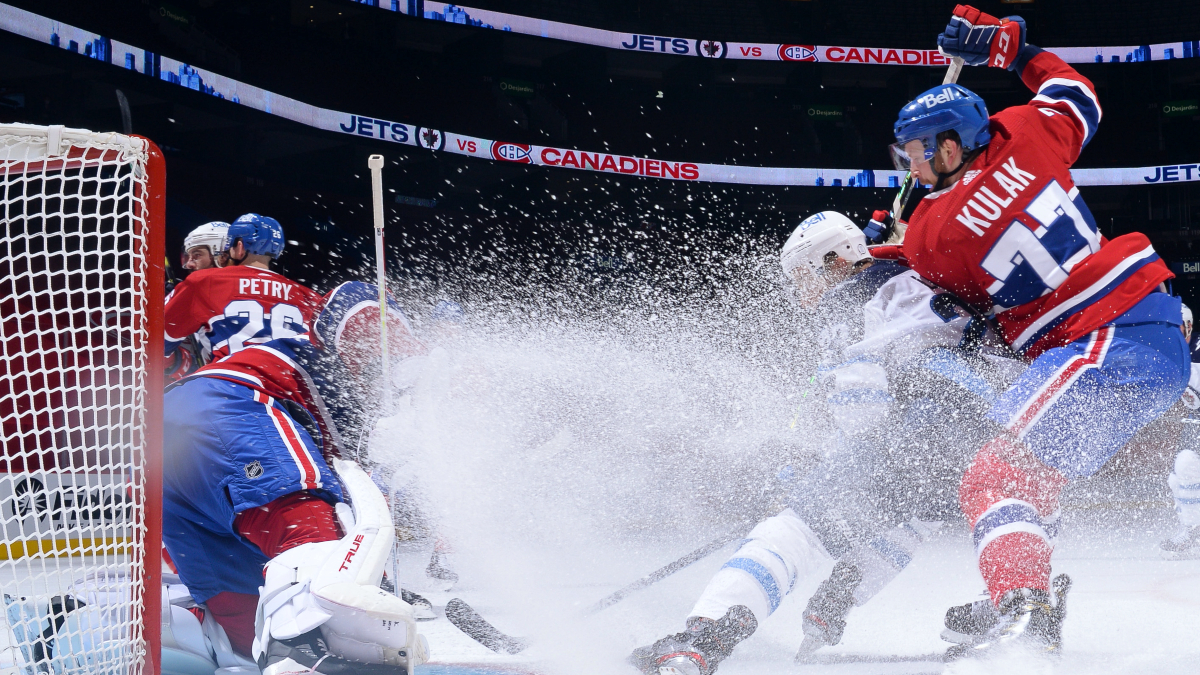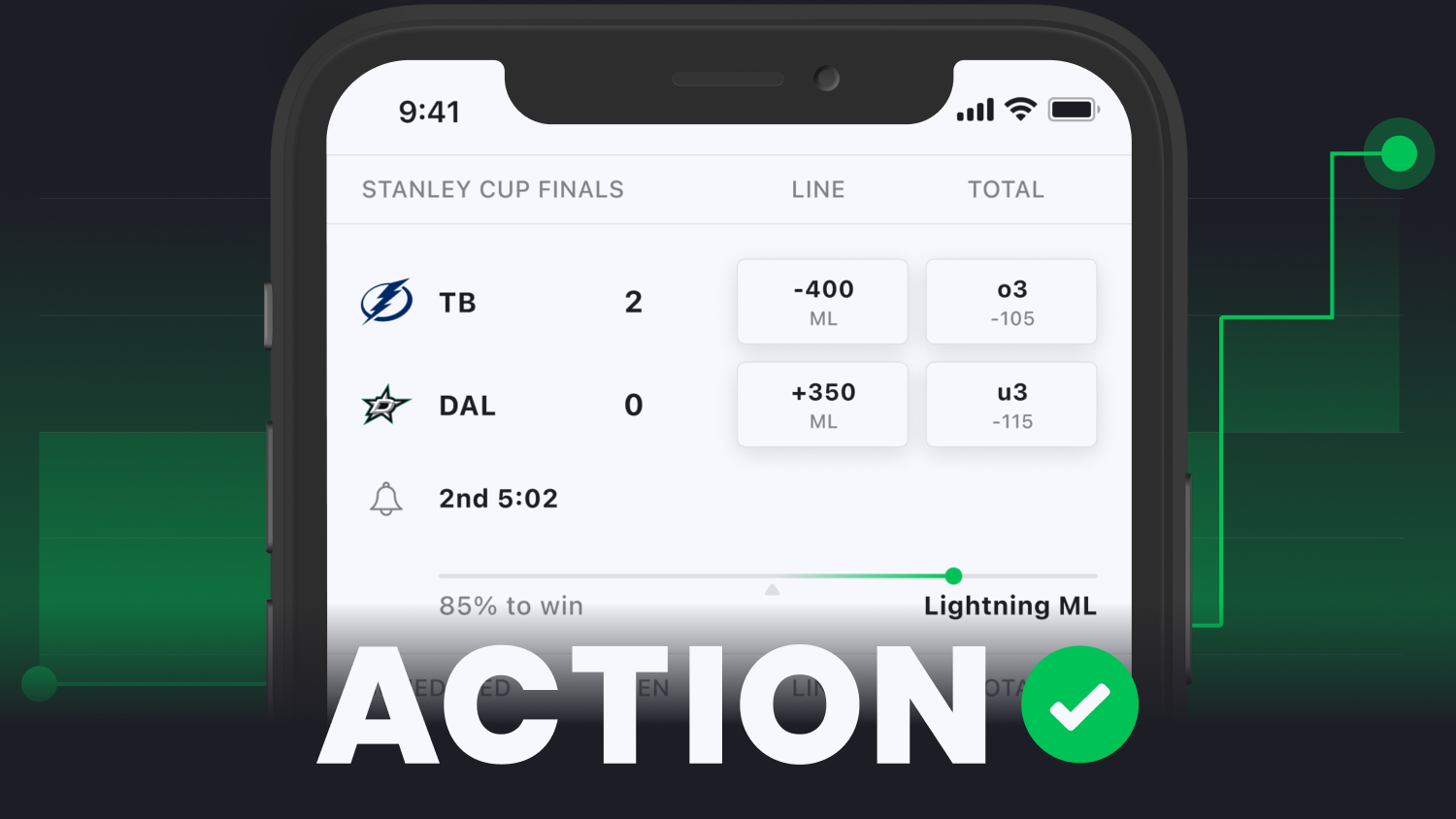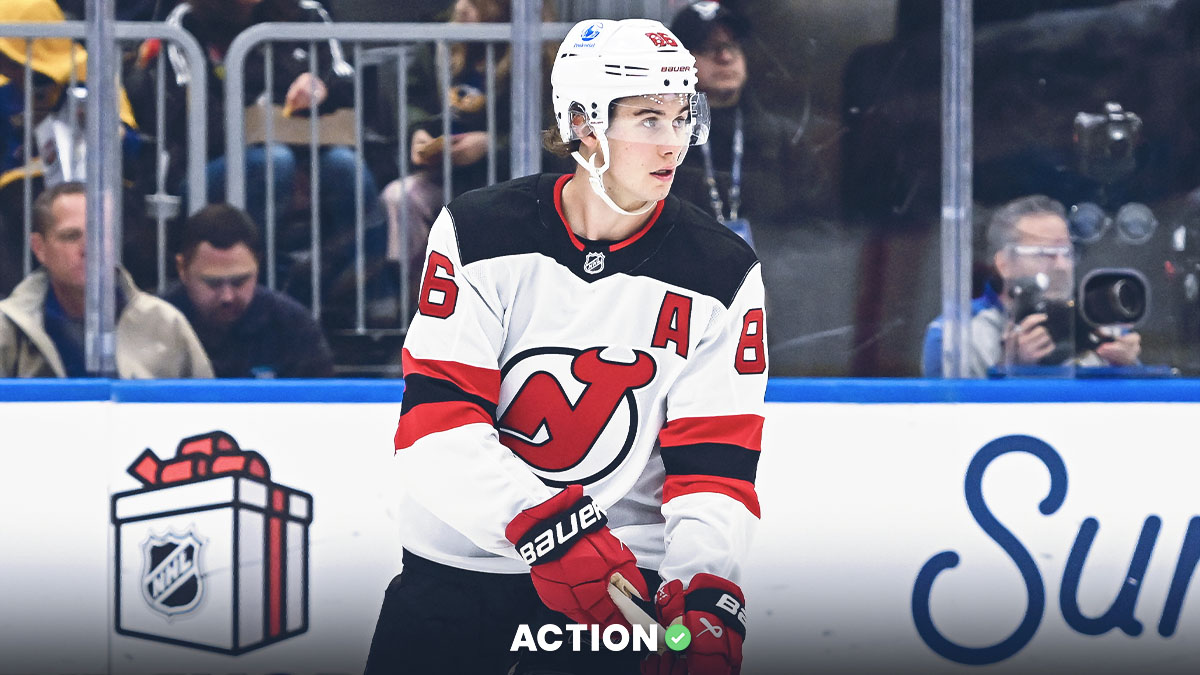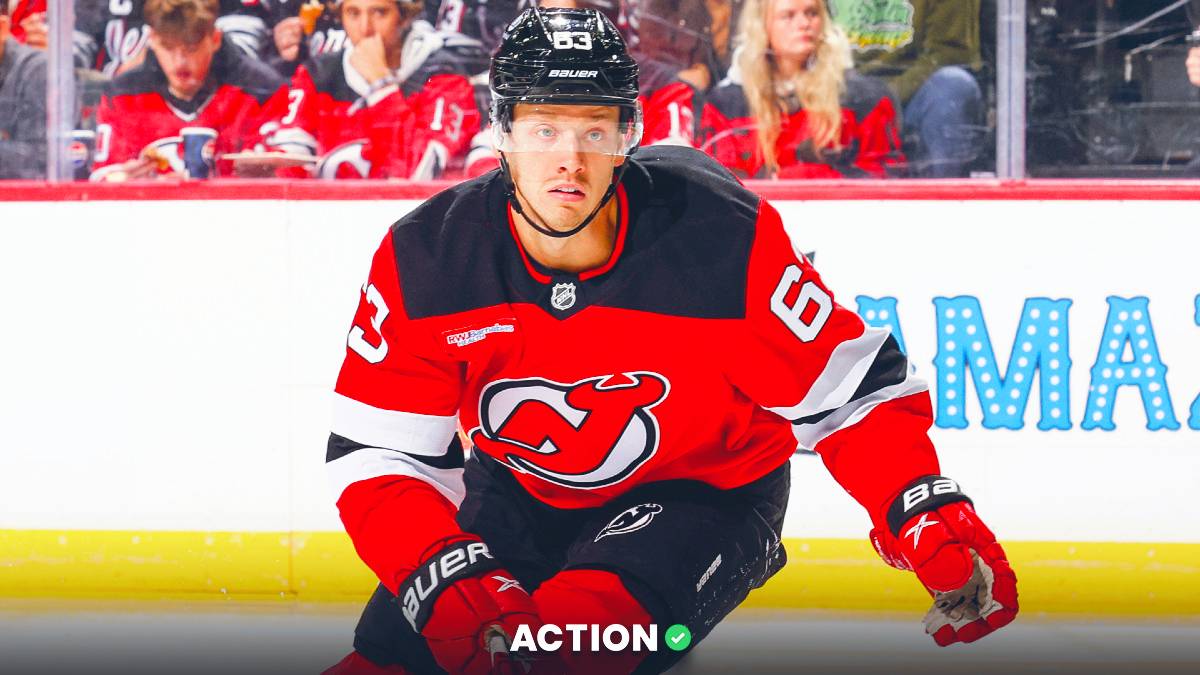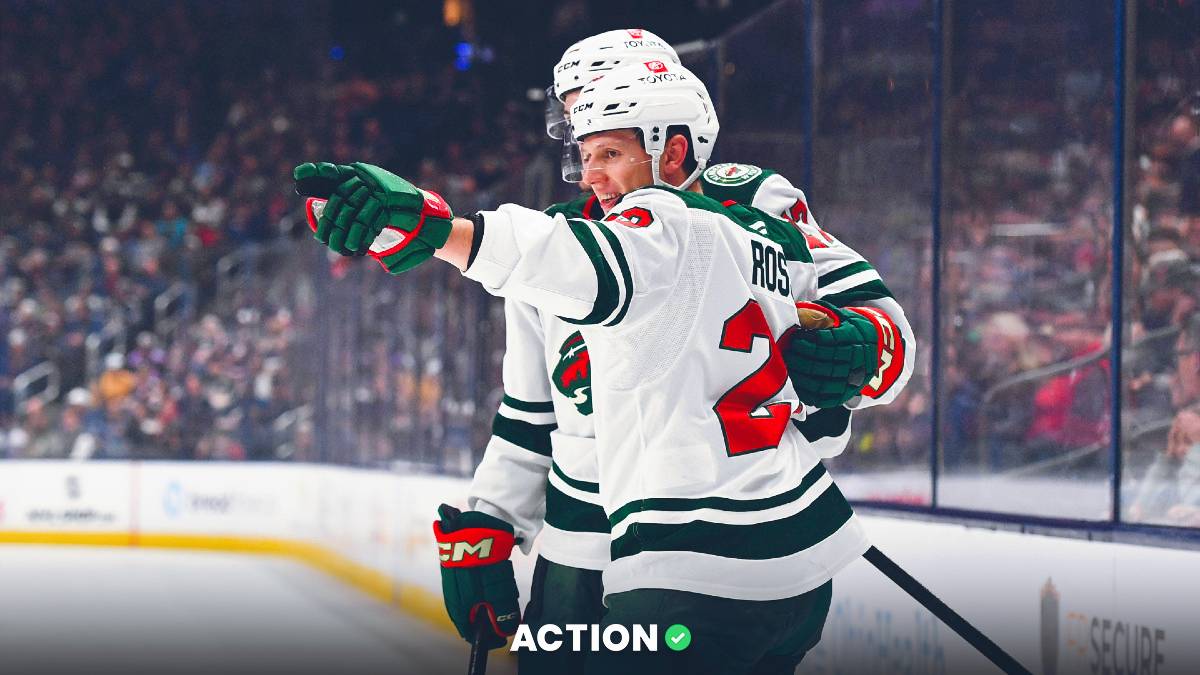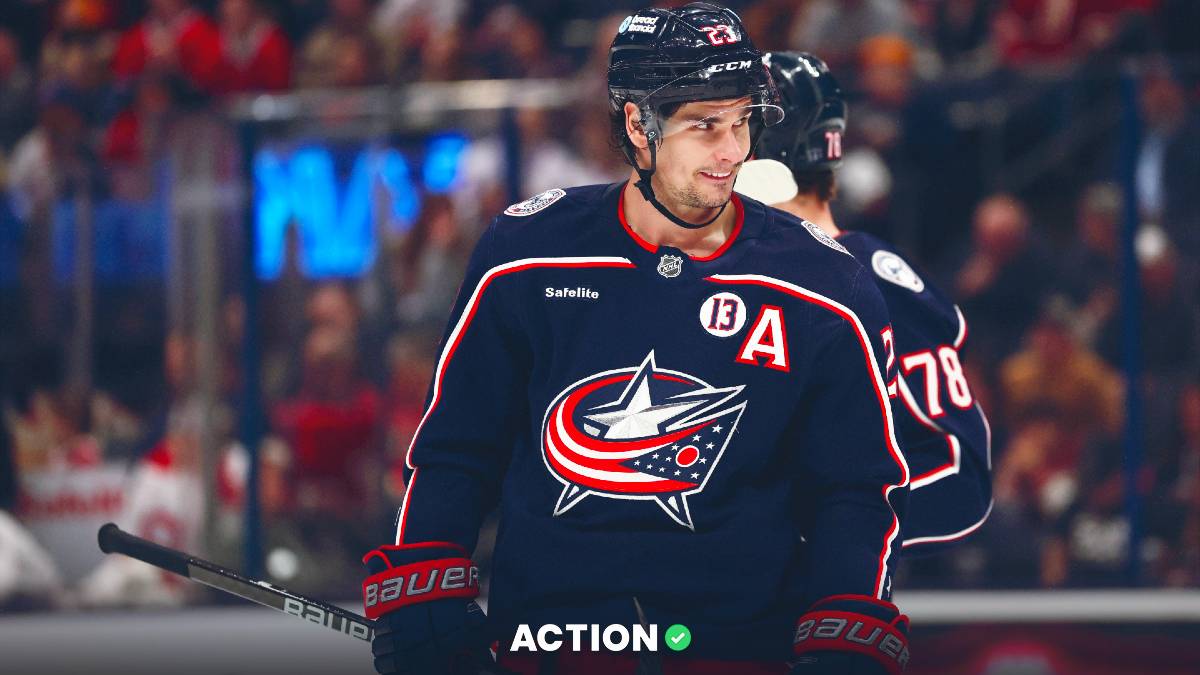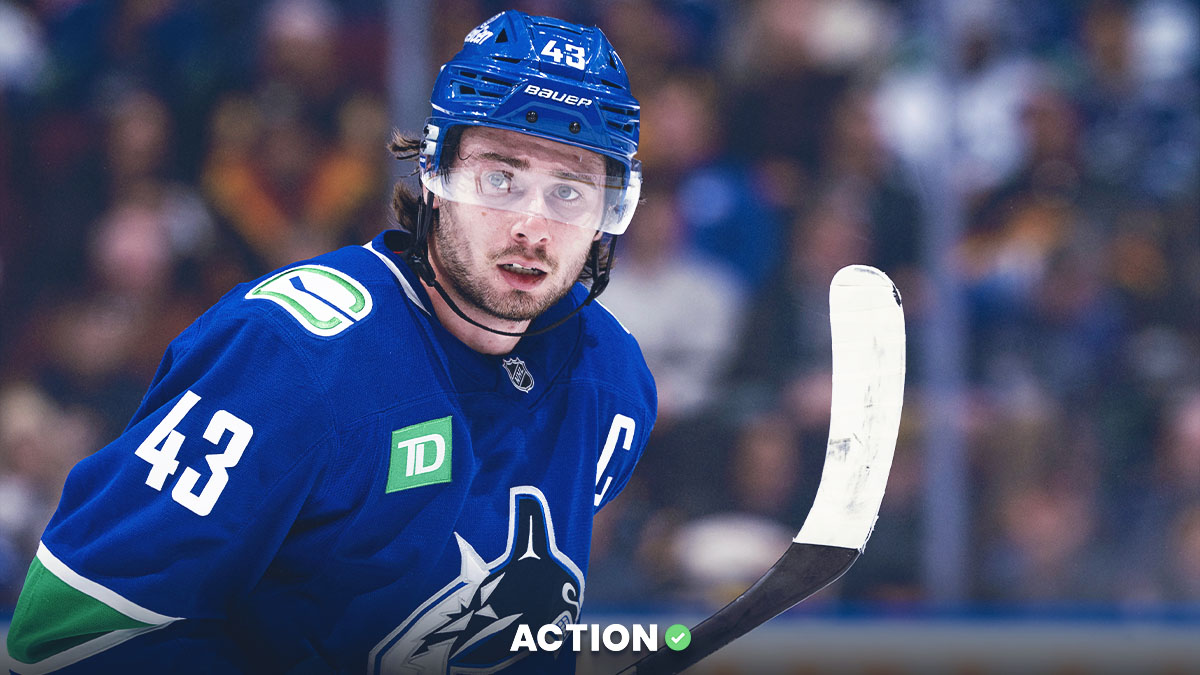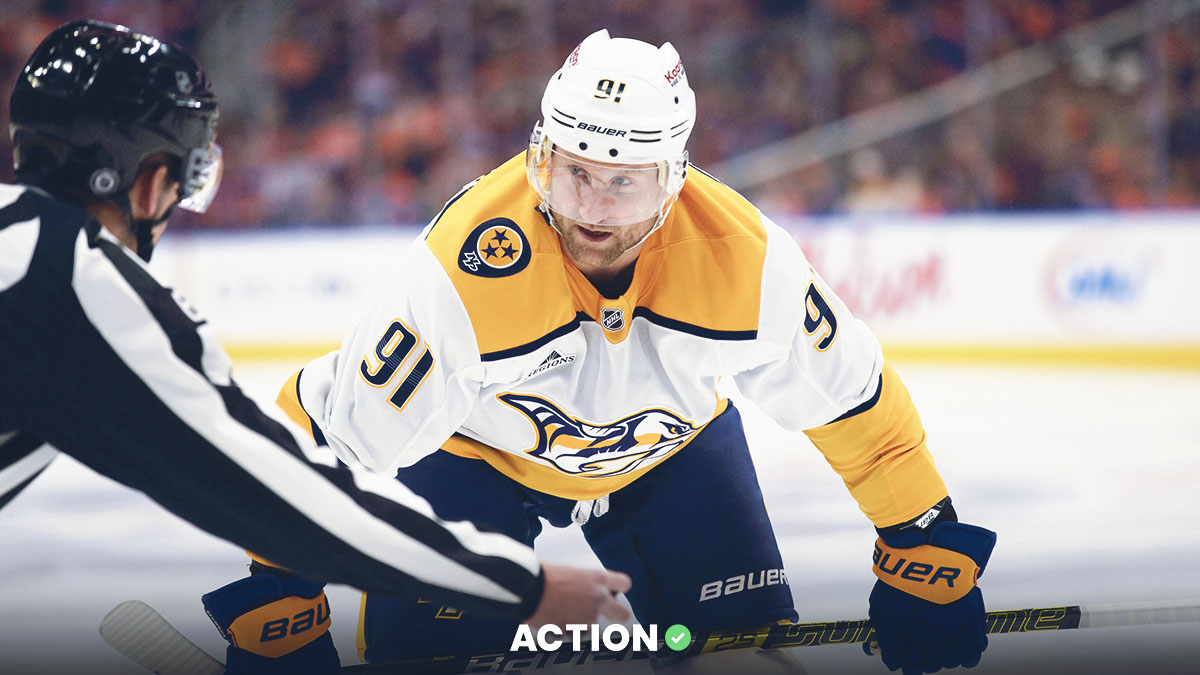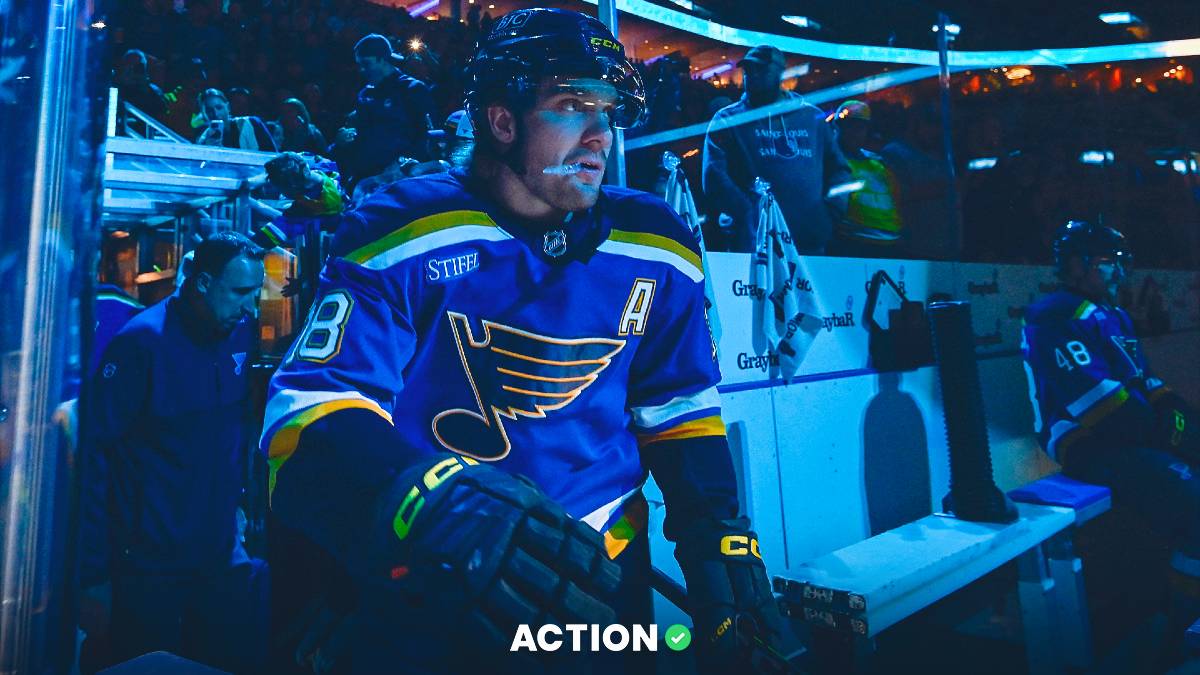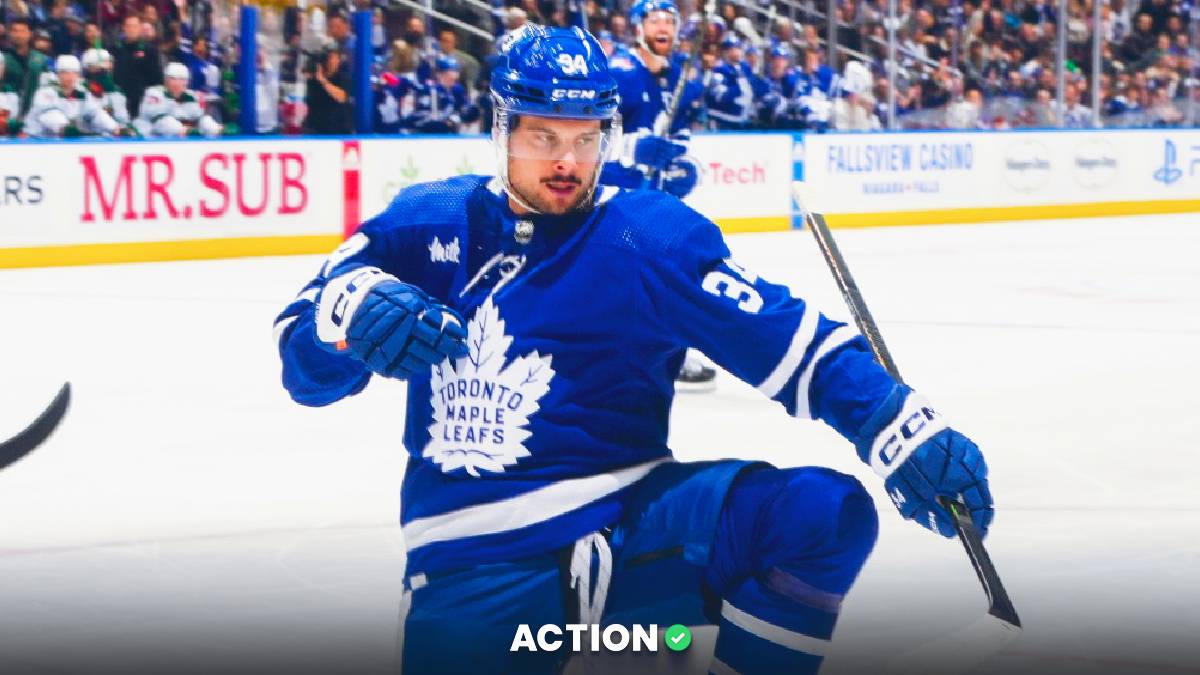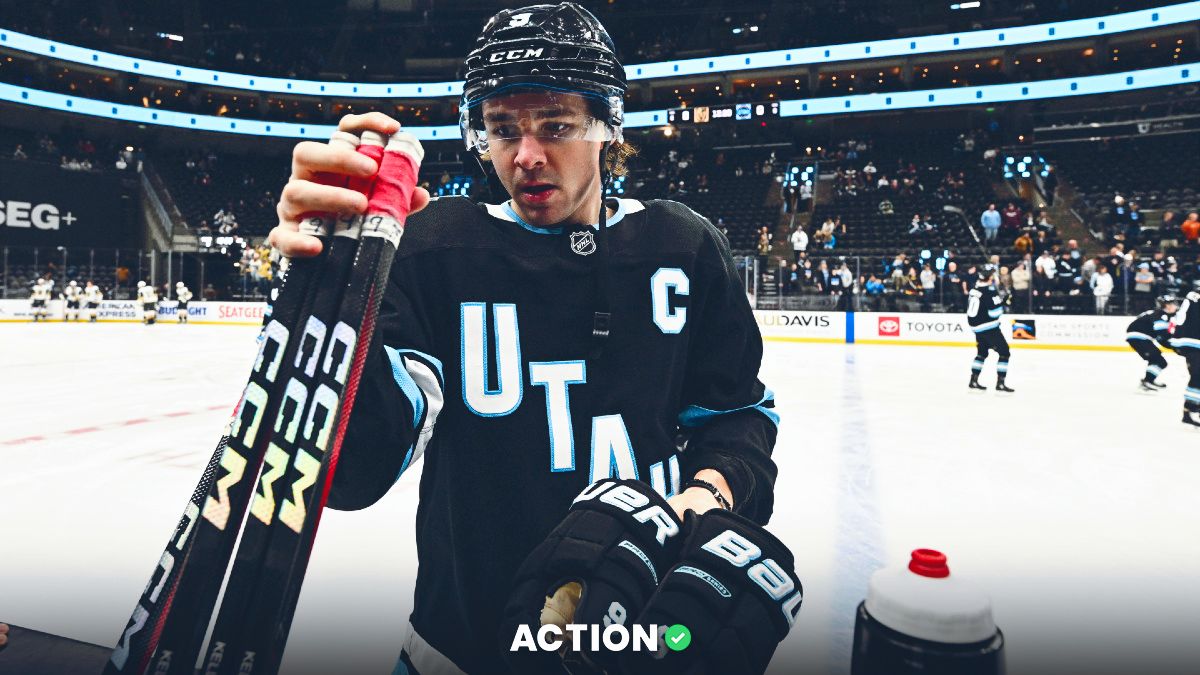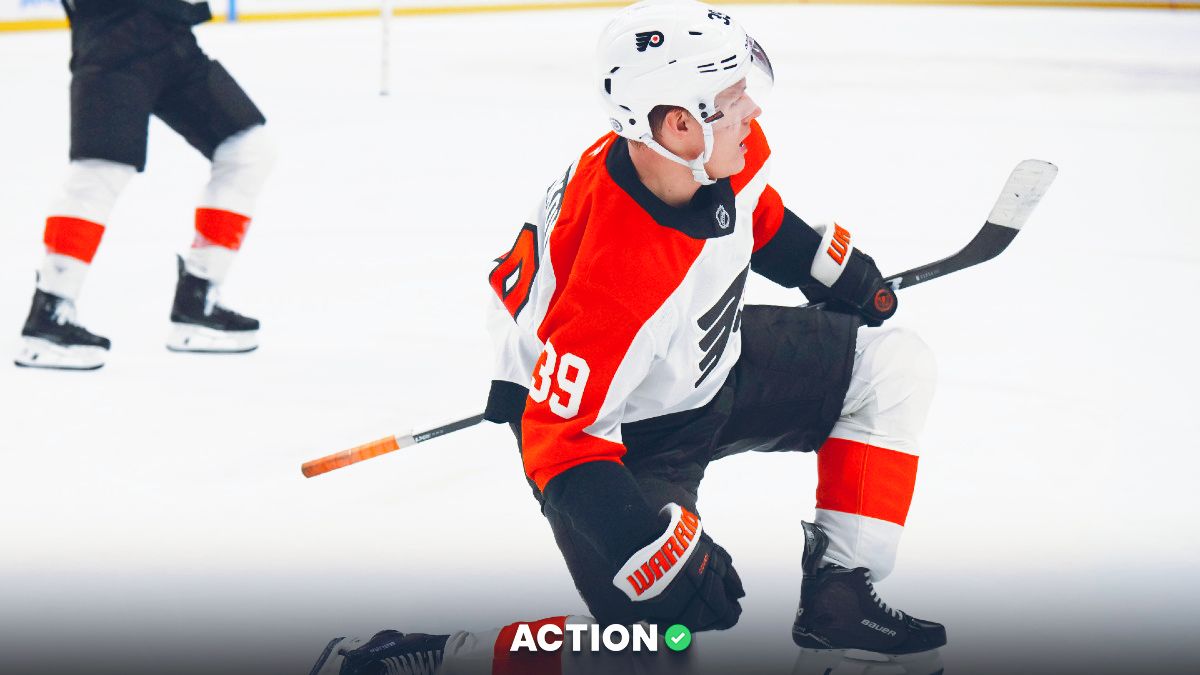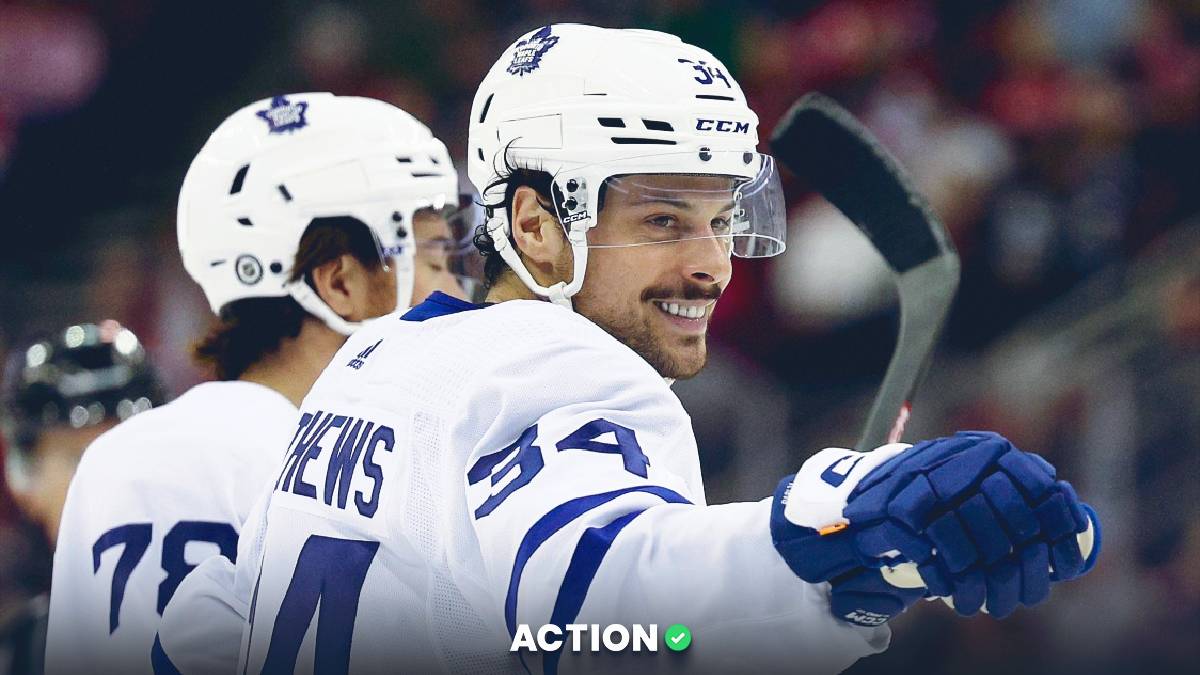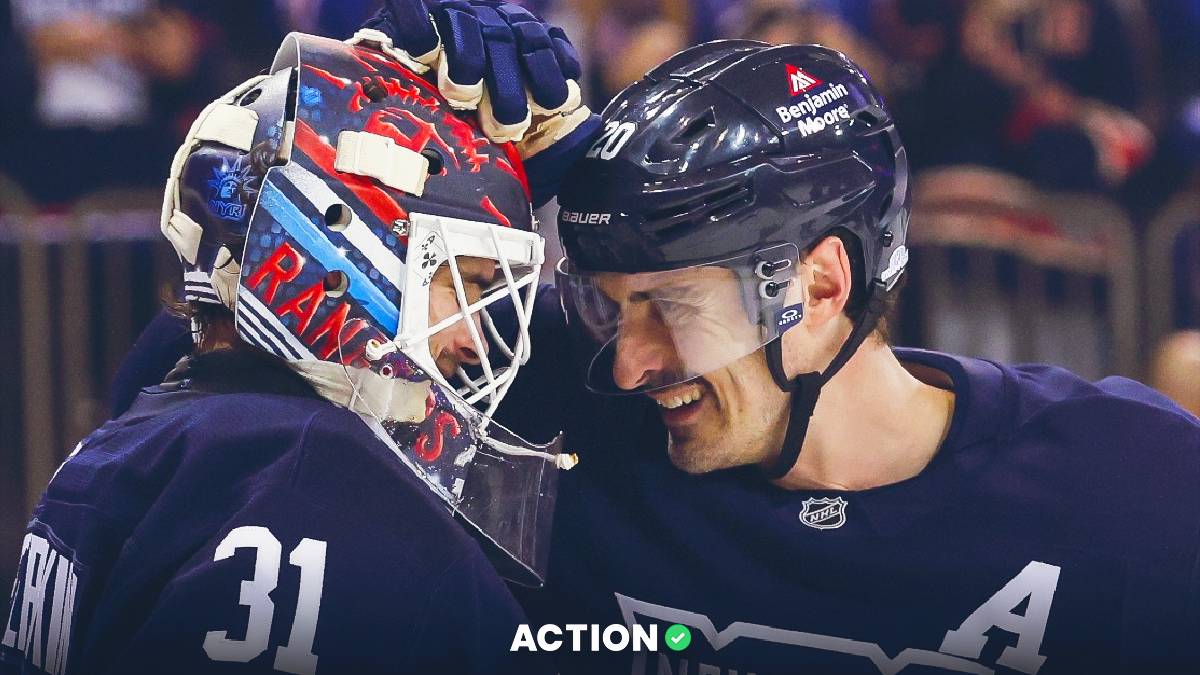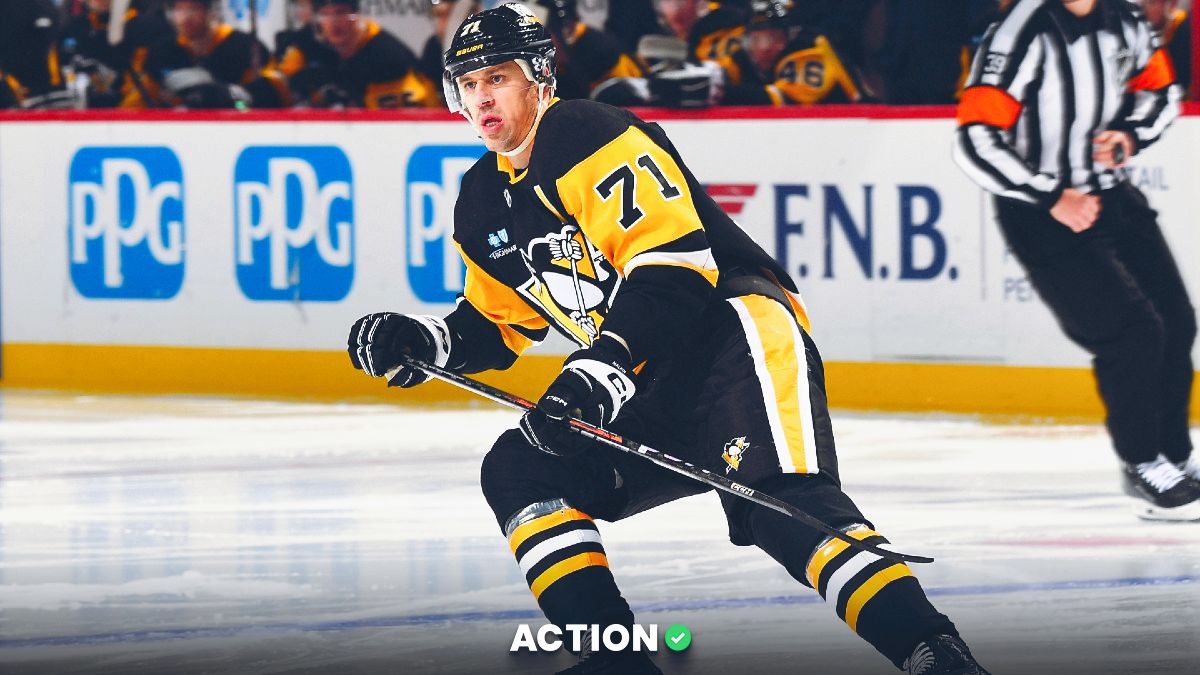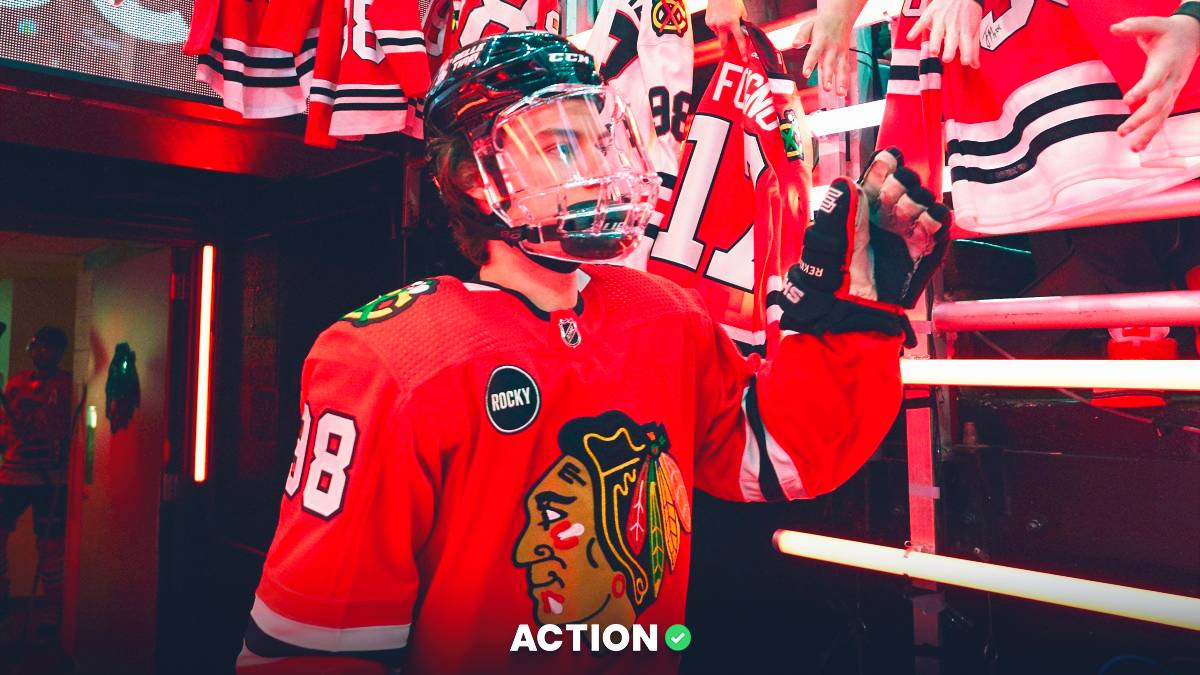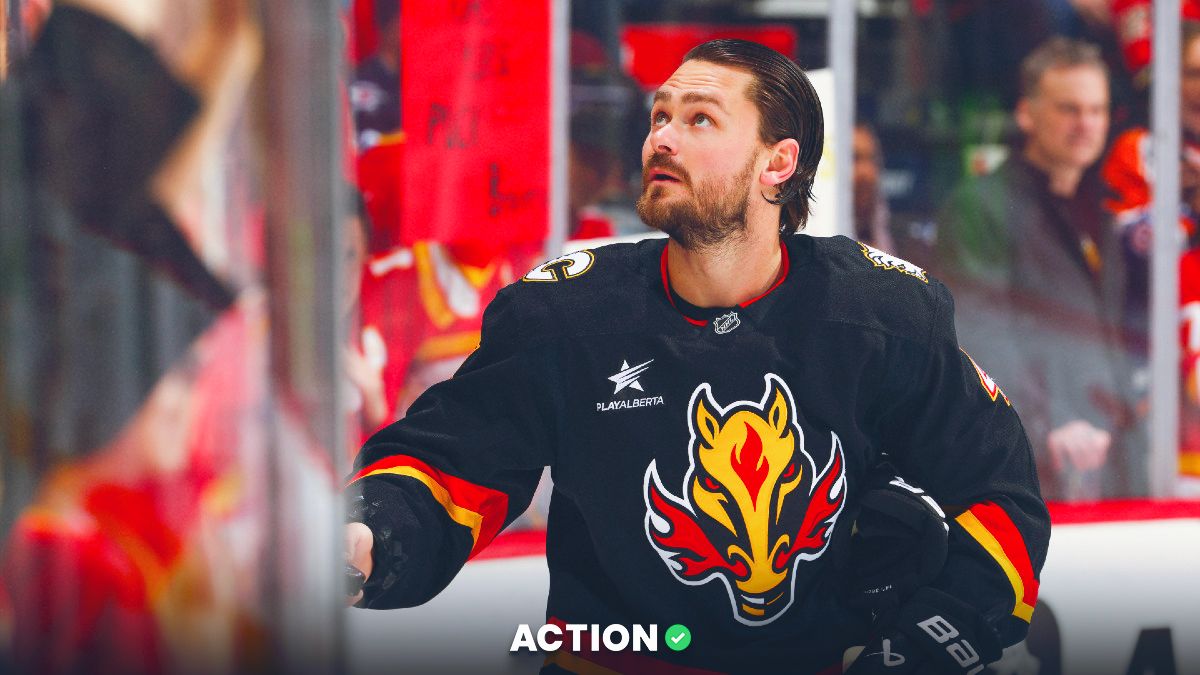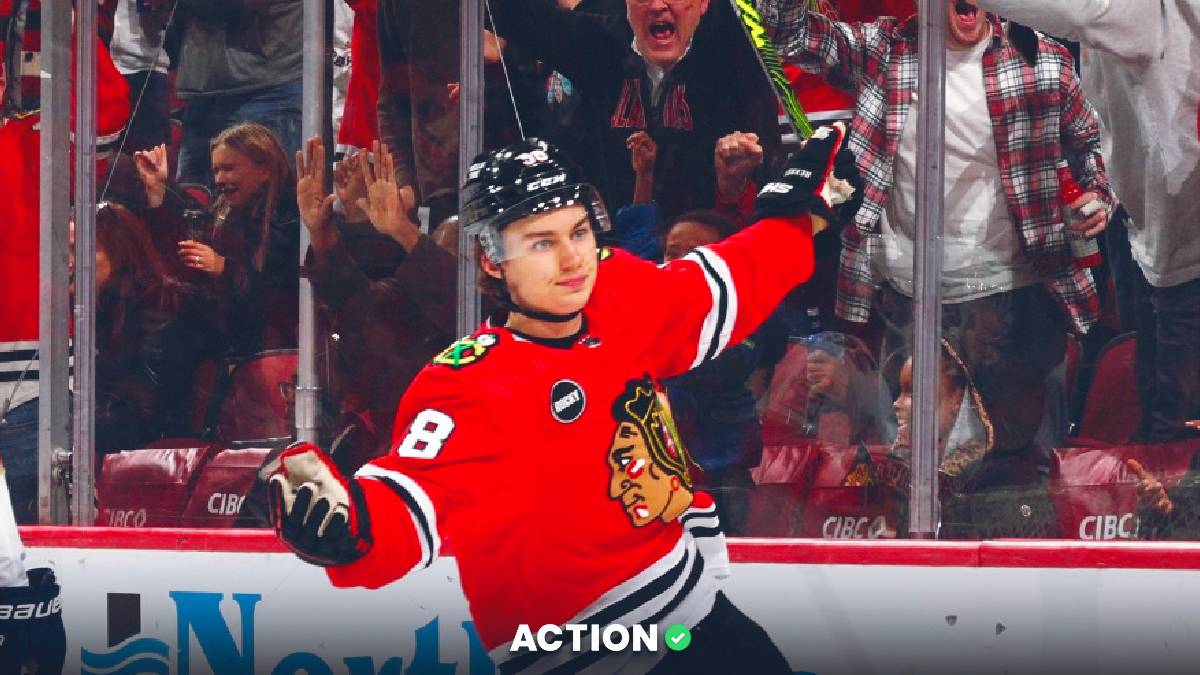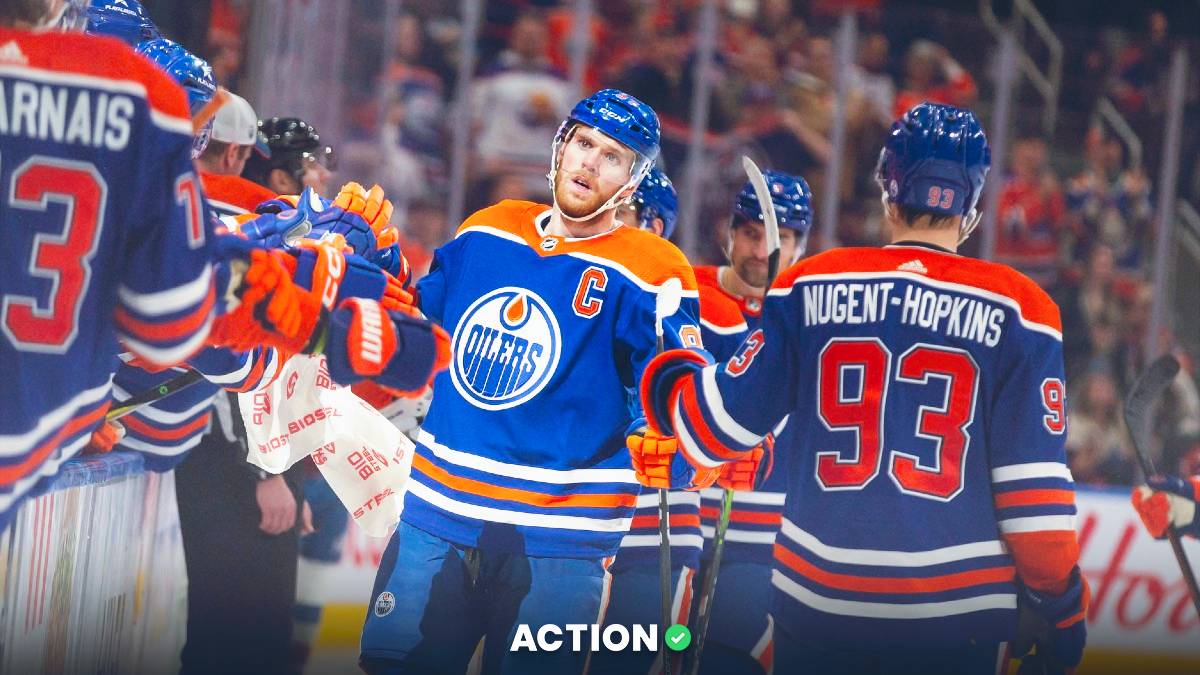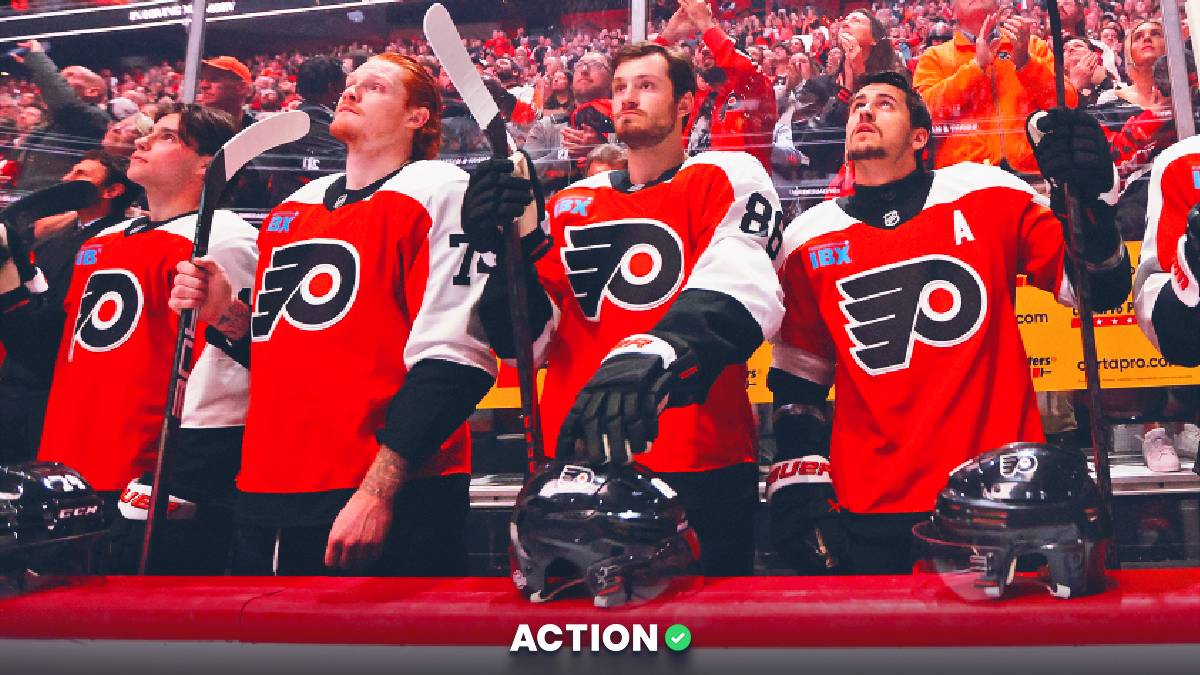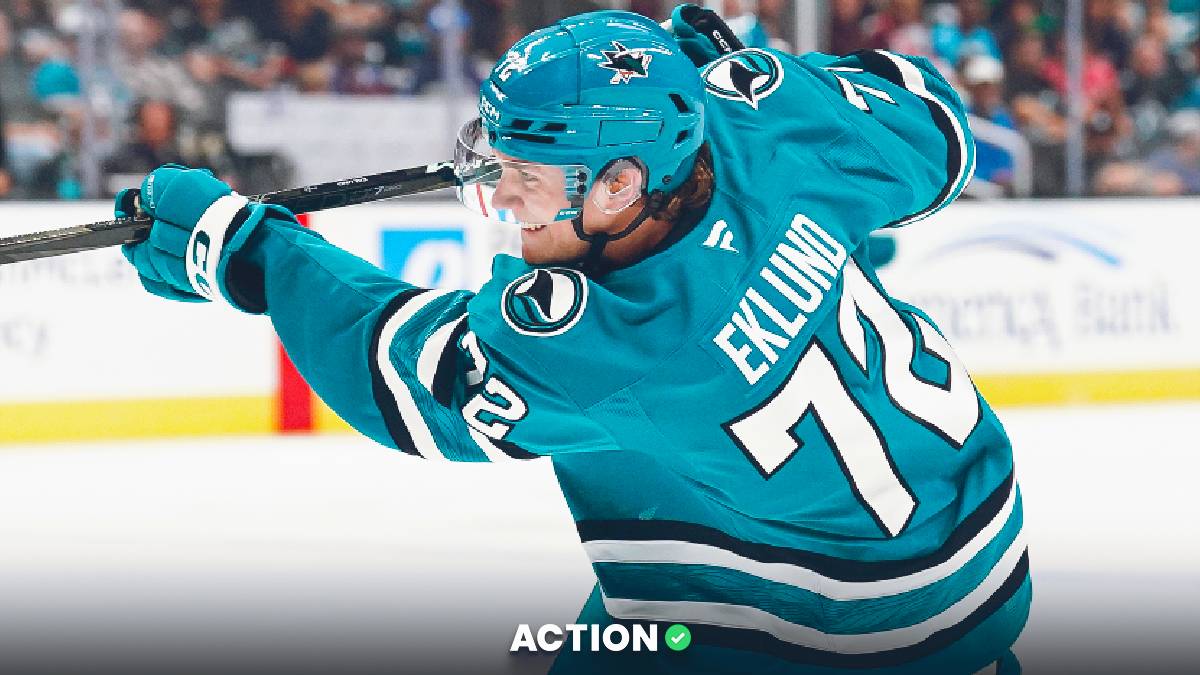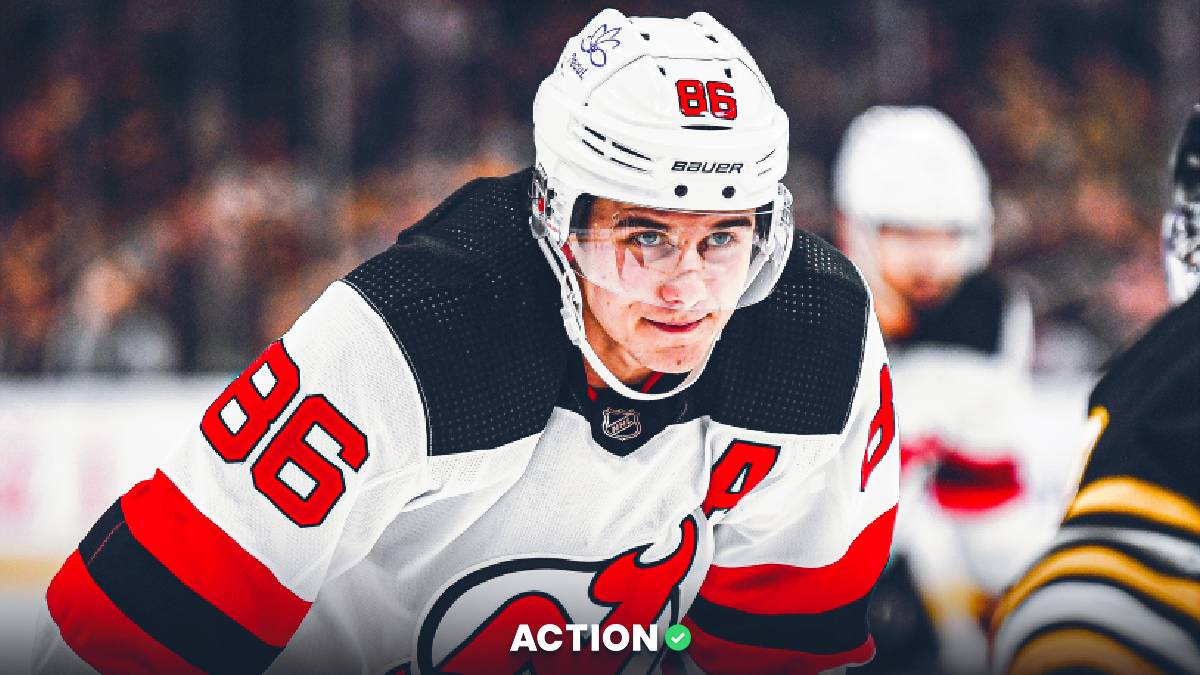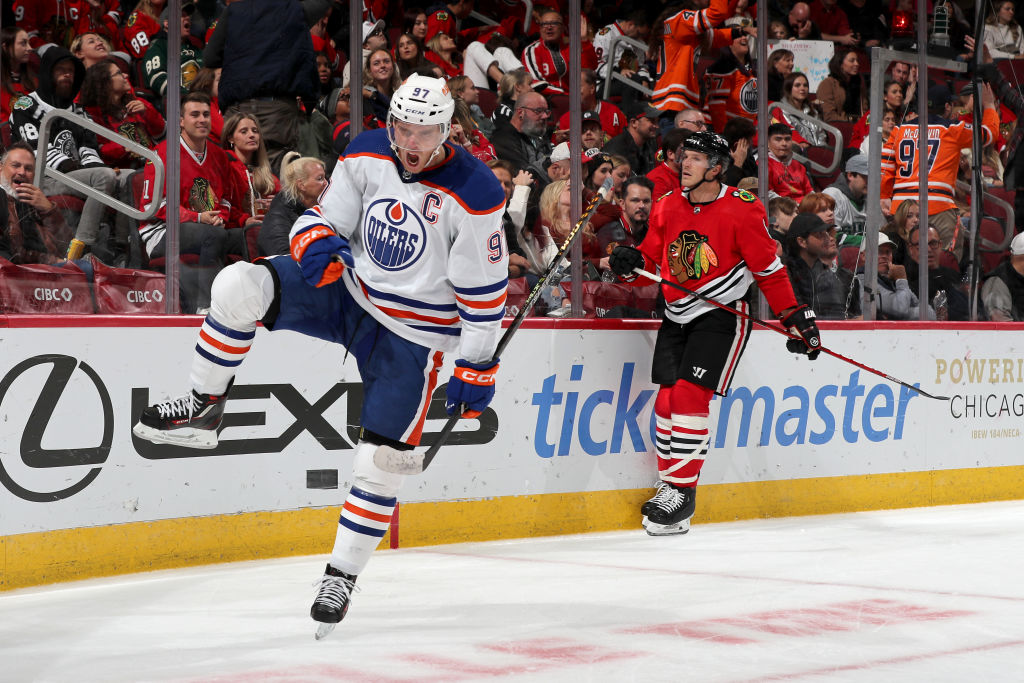Canadiens vs. Jets Series Odds
“It’s like the Super Bowl of ______!”
There’s a lot of Super Bowls of stuff. It’s the go-to sales point for anything.
Westminster Kennel Club Dog Show? The Super Bowl of Dog Shows!
Thanksgiving dinner? The Super Bowl of your mom’s meals!
ABC’s Bachelor in Paradise? It’s the Super Bowl of antibiotics!
We thought we had the NHL’s most storied rivalry in Round 1 when the Montreal Canadiens stunned the Toronto Maple Leafs in seven games. While there are few arguments for other pairs, that dramatic matchup lived up to the hype.
Now the Habs move on to the next round to take on Winnipeg for the first time ever in the NHL Stanley Cup Playoffs. It doesn’t have the same cache, but what if I told you that this series pits two opposing sides that have fundamentally different belief systems — and that this series may grant one side as much in the way of bragging rights as anything that happened between the long-time generational fans of the Canadiens and Maple Leafs? Is that something you might be interested in?
Auston Matthews is gone. Connor McDavid’s postseason was nothing more than a cameo for the second straight year. However, hockey’s biggest rivalry remains. It’s ‘analytics versus eye test’.
I present to you: The Super Bowl of Hockey Handicapping.
Montreal Canadiens
In the red corner of this hockey betting title fight: The Canadiens of Montreal. Two seasons ago, the Habs had hockey analytics-based handicappers scratching their heads.
In the 2019-20 season, pre-pandemic, the Canadiens were second in the NHL in Expected Goal Share 5-on-5, playing well enough to take 54% of the theoretical goals while at even-strength. They were sandwiched between Tampa Bay and Vegas atop the league in a key metric for evaluating how a team is playing.
However, the Habs entered the NHL bubble in Toronto at the tail end of the teams eligible to win their way into the playoffs, eventually drawing the vaunted Pittsburgh Penguins in the first round. Those of us who laud analytics perceived great value with the underdog Habs and sure enough, Montreal sent Sidney Crosby and company home early.
In the next round, the Habs dominated play against the Flyers with 60.33% of the even-strength Expected Goal Share. Given where the Flyers are in the standings this year, that shouldn’t be that surprising. What was truly stunning was the series of bad bounces the Habs got at both ends of the ice as the Flyers edged them in six games — one of the all-time fluky results to a playoff series.
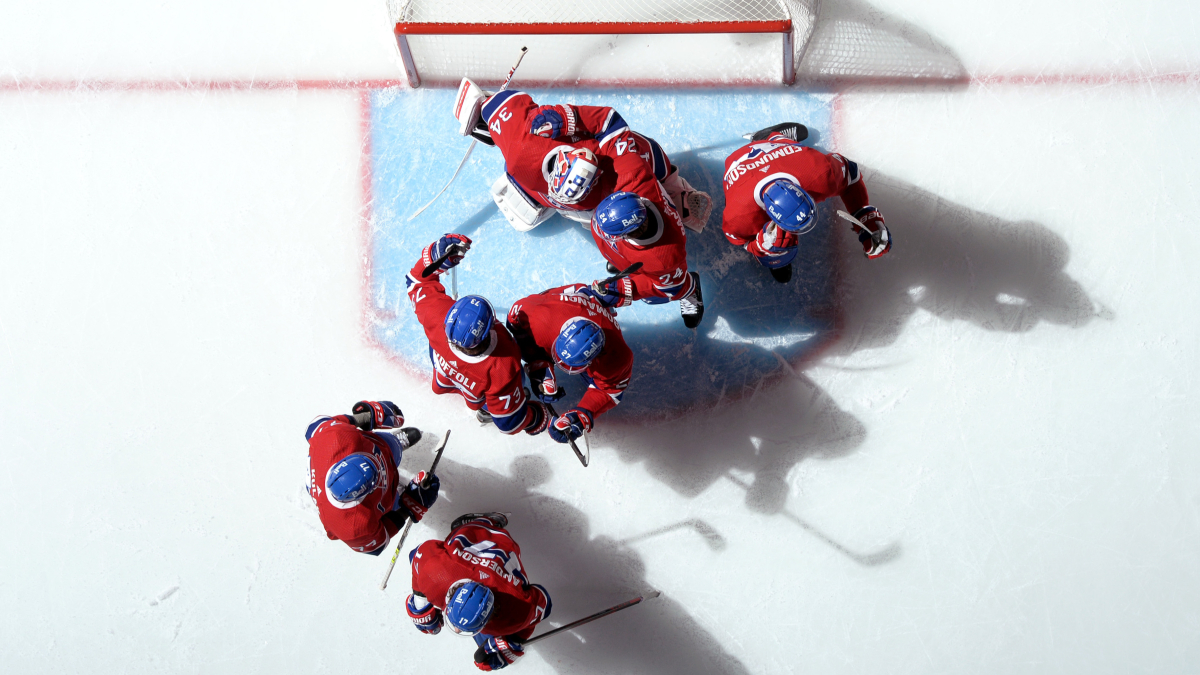
So, hopes were high for Montreal entering this season. Just keep that same level of 5-on-5 play going and improve at converting High-Danger Scoring Chances at a higher rate — plus, maybe mix in more efficiency on the power play — and we expected to see Montreal contend for the newly-minted North Division. If Carey Price found the same form that he had in the Bubble, then Canadiens futures backers would really have something.
… But, none of that happened. Along the way it cost Claude Julien his job, and the high-level metrics the Habs had been sporting left with him.
With Julien at the helm, the Canadiens averaged 9.1 High-Danger Chances at even-strength while allowing just 6.4 to their opponents. You would take that ratio all day, every day.
However, because it wasn’t translating to wins through 18 games, the Habs felt a change was needed. Dominic Ducharme took over, and that ratio tightened, tilting to the bad. For the rest of the season, the Habs averaged 8.0 High-Danger Chances on offense but gave up 8.54 per game defensively.
In fairness, those metrics may at least partially be explained by two key factors as the season crawled to the finish: (1) Injuries that piled up; (2) A doubly condensed schedule that allowed Montreal no room for a breather.
In the first-round series preview in this space, I used the following chart to display how the perception of the Habs was skewed due to their late-season struggles:
You can see how things fell off in the season’s final month, but the Habs returned their full lineup for the playoffs and the series with the Maple Leafs. What happened next was the case of a team that was better than people thought, getting a little lucky with injuries to Toronto and edging them in seven games as massive +275 underdogs — who really should have been something inside of +200.
For the second straight Stanley Cup Playoffs, the Habs cashed as big underdogs for those of us who believe in the numbers against a team with more high-profile talent. However, for the second straight playoffs, they now face a team in the next round who has analytics-based handicappers scratching their heads for an entirely different reason.
Expected goals (also known as xG) is a predictive statistic that gives an indication of whether results are based on sustainable factors like a steady creation of scoring chances, or whether it is down to aspects such as shooting luck or outstanding goaltending.
Simply put, an expected goals rate (xGF%) above 50% is considered good because it means a team is creating the majority of the scoring chances. Anything below 50% is usually a sign that a team is struggling to control play.
xG numbers and advanced stats cited from Evolving Hockey, MoneyPuck and Natural Stat Trick.
Winnipeg Jets
In the blue corner, the Winnipeg Jets don’t make it easy on themselves. While the Canadiens create more quality chances than they give up — a fundamentally good idea if you plan to win a hockey game — the Jets do the opposite.
Sometimes it feels like they guide teams towards their own net like handlers running their dogs at Madison Square Garden. Winnipeg's 46.48% Expected Goal Share 5-on-5 is obviously not ideal, but its cumulative +101 net difference in even-strength High-Danger Chances given up vs. created was alarming during the shortened season.
Here’s how the Jets' season broke down in chart form:
The good news for the Jets is that they have the bigger number in that middle row: Actual Goals. A 16.2% conversion rate is well above the NHL average (14%). Whereas, their opponents are converting at just 11.3%, thanks primarily to the outstanding goaltending of Connor Hellebuyck. Last year's Vezina Trophy winner had a blip towards the end of his season but still was among the league leaders — good enough for a 0.25 Goals Saved Above Average per 60 minutes.
Fundamentally, the Jets rely on high-end talent creating just enough chances to carry the scoring thanks to a high-conversion rate. Meanwhile, they’ll play a loose game knowing that their goaltender is more likely than most to save the day behind them. It’s a dangerous game — but one that they’re willing to live and die with.
The Jets put that to the test against McDavid and the Oilers. While the sweep of Edmonton may trick you into believing they’ve turned a corner with the playoffs’ start, a quick look at the series metrics suggests that they have not.
Again, it’s easy to see the Jets with fewer High-Danger Chances, and xG, but more actual goals and better goaltending. Giving up 15 High-Danger Chances per game at even-strength is outrageous, but the Jets pulled it off, winning three of four games in overtime after winning Game 1 (which was tied 1-1 in the third period).
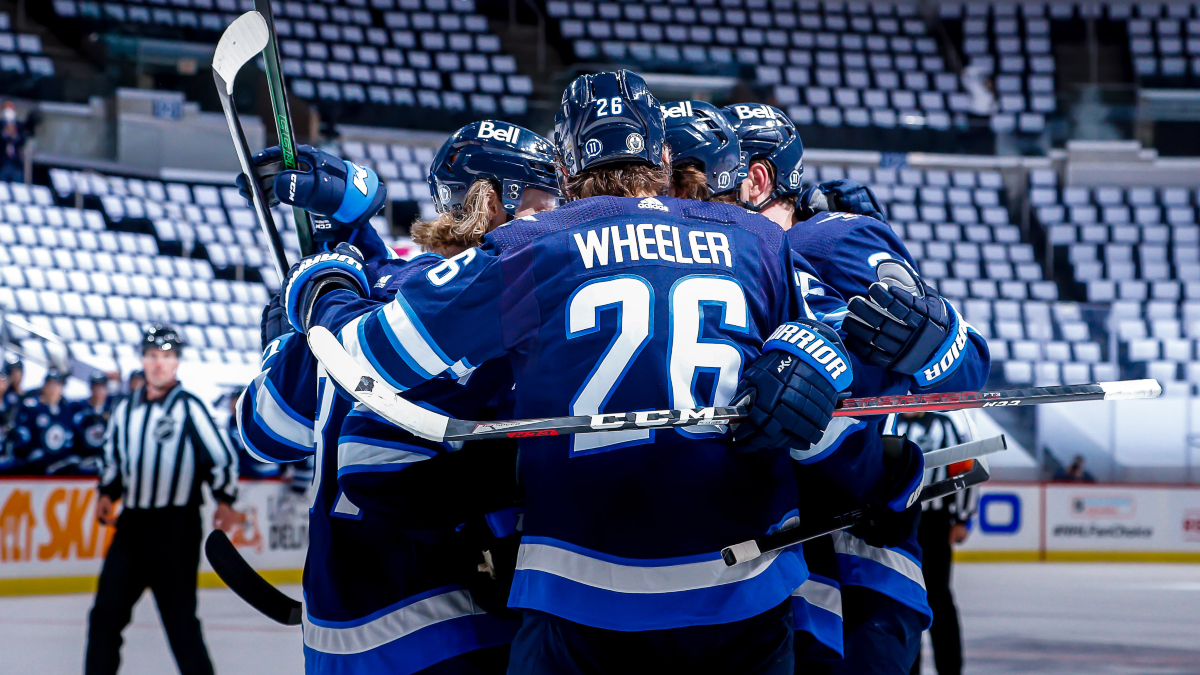
NHL Playoff Series Betting Analysis & Pick
The Habs know that this is how the Jets want to slug it out. Winnipeg went 6-3 against Montreal this season, despite the Canadiens having a significant 53.1%-to-46.9% advantage in Expected Goal Share at even strength.
Whether it’s the head-to-head record this season — or the narrative that the Canadiens are some plucky underdogs that aren't capable of being a good hockey team — the public is already assuming that the Jets should be a significant favorite in this series, only to be stunned that they’re not.
The Jets have opened at -130 to win the series while the Habs are +110. Given the perception of the two teams, that makes sense. Pricing the series this way will draw betting attention to Winnipeg from bettors who don’t believe in Montreal’s depth and defensive responsibility: Two categories that aren’t particularly flashy for recreational bettors.
The series pricing also takes into account the well-rested Jets waiting at home for the Habs who put everything they had into beating Toronto and now have a quick turnaround before Round 2. That is reminiscent of the same tight-scheduling that gave them trouble in April and early May. It perhaps also led to Vegas getting crushed in Game 1 against Colorado — as they had the same hurdle after their seven-game series victory.
These two teams don’t have much of a history of bad blood, but this series will be fascinating to watch from a ‘stat-head’ versus ‘hardcore hockey guy’ standpoint. The latter has the advantage, both from a home-ice standpoint and significantly more rest. However, it comes down to price.
As usual: The person and the valuation. I expect the Habs to struggle in Game 1, and I wouldn’t want to back them in the opener, instead taking the long route with a series bet. In any probability exercise — of which sports betting is — you want the biggest sample size possible if you believe you’re backing the better team. Carey Price would seem to be Montreal’s best option to steal Game 1.
The numbers indicate the Habs are better than the Jets, so I’ll take part of my budget on this series and bet on Montreal to win the series. I think the price only improves as we get closer to the first puck drop, so I’ll wait to see if we can do better than the current +110 price.
I’ll skip betting Game 1, and if the Habs drop the opener, then I’ll come back on them again for the series and Game 2, because I believe that the Habs can take four of the last six games if necessary. If they can take three straight from Toronto, then they certainly can do it against a team rated considerably lower in Winnipeg — even if that may surprise those who shun the metrics.
Pick: Canadiens Series (+110 or better)


